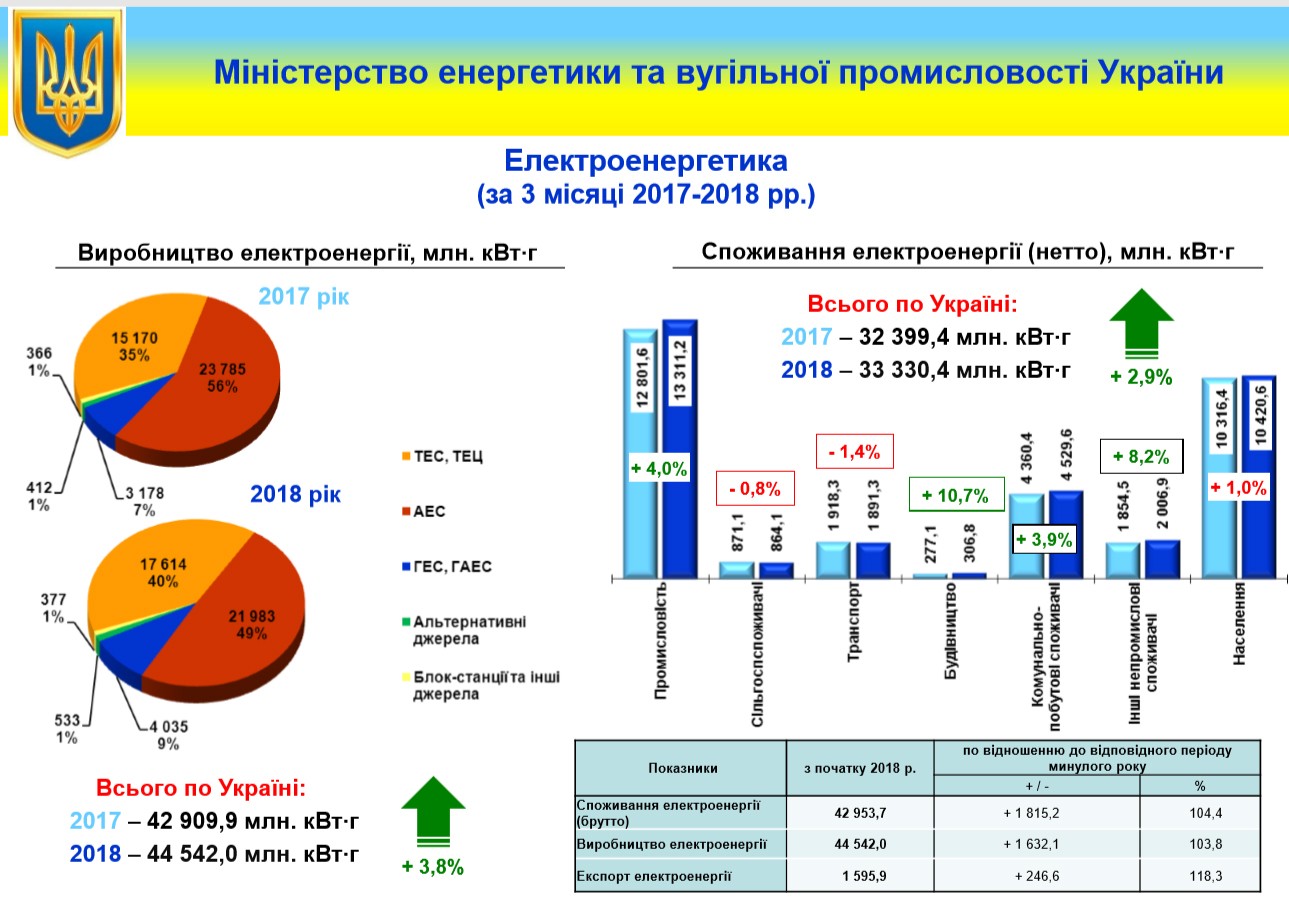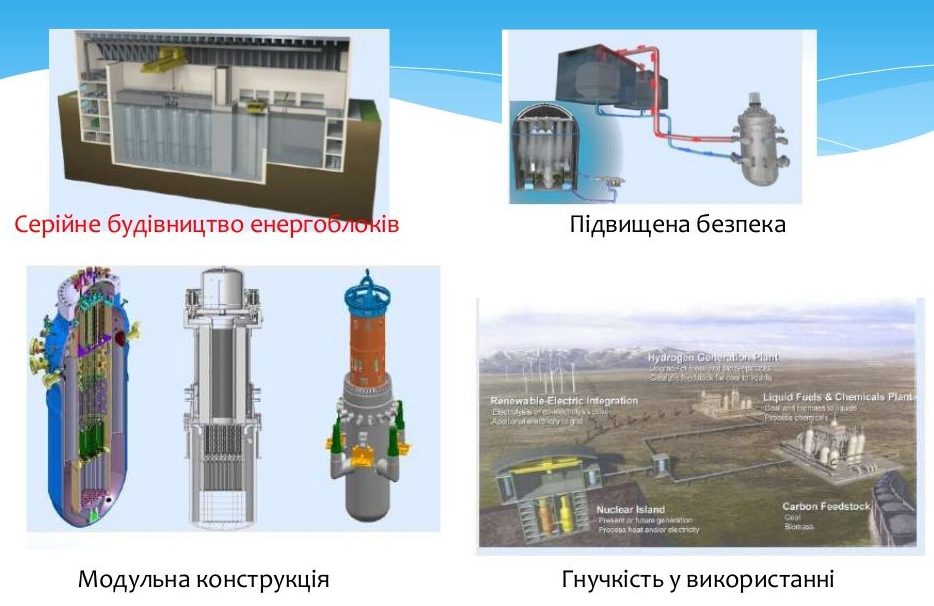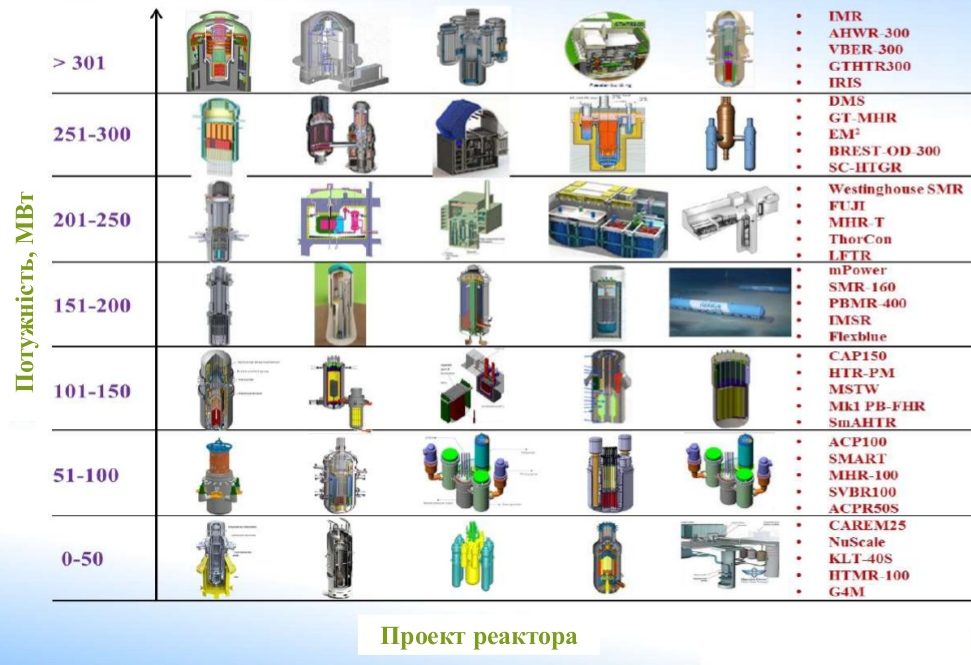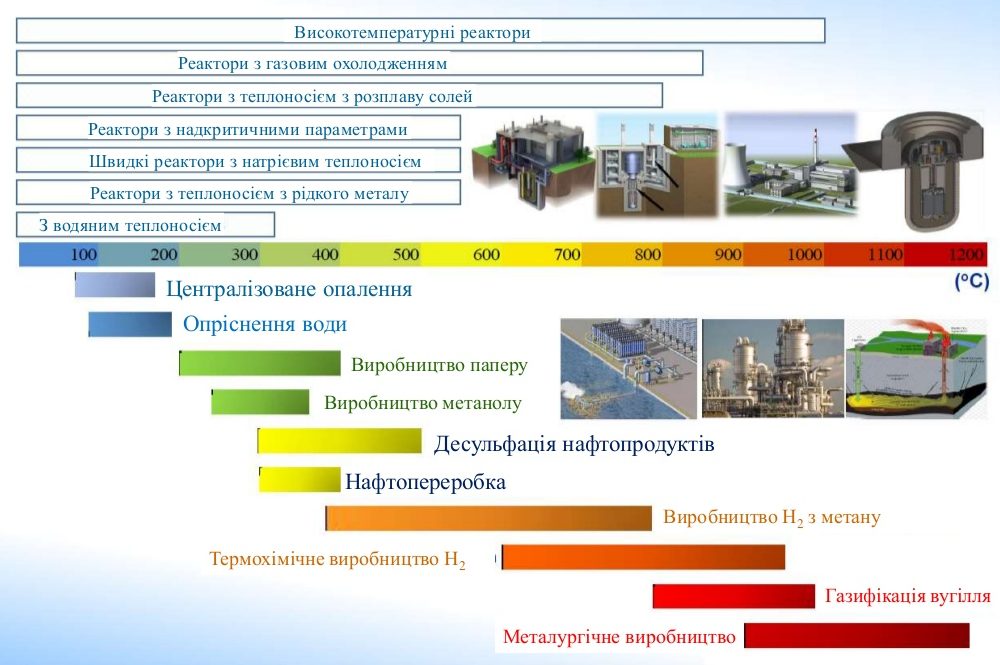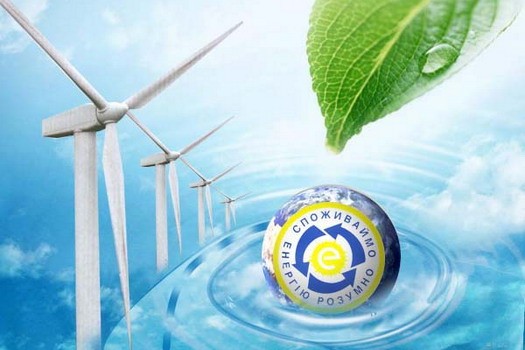DEPARTMENT OF POWER ENGINEERING

address: mechanical corp., Naberezhna Peremohy, 40, Dnipro, 49094
tel .: +38 (056) 753-58-60
e-mail: [email protected]; [email protected]
The Department trains specialists at the educational and qualification level:
- Junior Specialist;
by degree: - Bachelor’s degree;
- Master’s degree;
- Doctor of Philosophy (Candidate of Technical Sciences);
- Doctor of Sciences (doctor of technical sciences)
Branch of Knowledge: 14 “Electrical Engineering”
NEW Specialty: 141 “Electric power, electrical engineering and electromechanics”
Educational program: “Electric power, electrical engineering and electromechanics (ET)”
Specialty: 144 “Heat power engineering”
Educational programs: “Heat Power Engineering (ETT)”
“Refrigeration and heat”
NEW Specialty: 143 “Nuclear Energy” (licensed volume of 50 seats)
Educational program: “Atomic Energy (AE)“
The Department trains students in the field of electrical engineering at the expense of highly qualified teaching staff and the presence of research laboratories.
Specialists of this profile get jobs in high-tech companies of energy, electricity, and electrical profile, enterprises of the energy sector and related industries; teachers of educational institutions of different levels of education, scientists in research organizations, research centers, laboratories.
Students of the Department prepare for production and technological, organizational and managerial, design and research activities.
Energy plays a crucial role in the functioning and development of the state. Electricity generation in Ukraine is currently provided mainly by nuclear power plants (NPPs), thermal power plants (TPPs), and hydroelectric power plants (HPPs, PSPs). Wind, solar, and biofuel power plants are also increasingly used.
For Ukraine, nuclear energy is a strategically important element of energy supply: today’s projected contribution is about 55% of electricity generated in the country. TPPs, CHPs generate about 35% of electricity; renewable energy sources (RES) – 5%; HPPs, PSPs – about 4%, and the share of electricity from substations and other sources is about 1%.
Therefore, the successful operation of nuclear energy is one of the necessary conditions for ensuring the national security of the country.
Energy plays a crucial role in the functioning and development of the state. Electricity production in Ukraine is currently provided mainly by nuclear power plants (NPPs), thermal power plants (TPPs), and hydroelectric power plants (HPPs, PSPs). Wind, solar, and biofuel power plants are also increasingly used.
For Ukraine, nuclear energy is a strategically important element of energy supply: today’s projected contribution is about 55% of electricity generated in the country. TPPs, CHPs generate about 35% of electricity; renewable energy sources (RES) – 5%; HPPs, PSPs – about 4%, and the share of electricity from substations and other sources is about 1%.
Therefore, the successful operation of nuclear energy is one of the necessary conditions for ensuring the national security of the country.
Today there are 4 nuclear power plants in Ukraine:
- Zaporizhzhya – capacity 6000 MW;
- Southern Ukrainian – 3000 MW;
- Rivne – 2880 MW;
- Khmelnitsky – 2000 MW.
Zaporizhzhya NPP (Energodar) is the largest station not only in Ukraine but also in Europe.
Nuclear power engineering is a technology based on the use of the nuclear fission reaction to generate heat and generate electricity. As fuel for NPPs, the fuel elements (TVELs) that contain enriched uranium are used.
A promising direction in the development of nuclear energy in the world and in Ukraine is the use of small modular reactors (SMR) with a capacity of 50-300 mW. They have a much higher level of safety compared to traditional types of reactors, lower total cost, have the ability to work in power maneuver, and have the ability to hybrid use of nuclear and renewable energy, are built on small areas and do not require the supply of powerful power lines.
NNEGC Energoatom and Holtec International (USA) signed a Memorandum of Understanding on the use of small modular reactors in Ukraine for the construction of these reactors at Ukrainian NPPs and the partial localization of the production of equipment for SMR at Ukrainian enterprises. This will contribute to the formation of Ukraine as a leading global exporter of reactor systems, structures and components for small modular reactors.
Energy range of SMR reactors
SMR for non-“electrical” applications
The Department is accredited by the IVth level, in accordance with the order of the Ministry of Education and Science of Ukraine dated 03.05.2018 № 554-l “On Licensing Educational Activities” and the minutes of the meeting of the Licensing Commission of the Ministry of Education and Science of Ukraine dated 03/05/2018, No. 93/2
The educational process at the Department is provided by 25 members of the teaching staff:
4 professors;
19 associate professors;
1 assistant;
1 senior teacher.
At the Department there are such laboratories:
- Superchargers and Heat EnginesTraining Laboratory
- Training laboratory on “Fuel and its combustion”
- Heat and Mass Transfer Training Laboratory
- Training laboratory on “Technical thermodynamics”
- Hydro gas Dynamics Training Laboratory
- Subject laboratory for industrial electronics
- Training laboratory on the basics of industrial electronics and microprocessor technology
- Training laboratory of general electrical engineering and electric machines
- Training laboratory on the theory of electric circuits
- Subject laboratory on electric drive and power supply
- Mechanical laboratory
- Laboratory of Electromagnetism
- Laboratory of optics
- Laboratory of Atomic Physics
The Department is actively engaged in research work. The scientific activity of the department staff is focused on improving the efficiency of fuel resources, development, research, selection and implementation of rational energy sources, advanced thermal solutions, energy-saving thermal schemes based on renewable energy sources (solar, wind, geothermal energy, etc.), perfect structures heat-technological equipment, optimal modes of operation and measures of modernization of energy-technological equipment (furnaces, steam boilers, heat exchangers, refrigeration and heat pump installations, etc.).
The Department constantly improves the educational process using modern pedagogical technologies, methods of training of teaching, and methodological support with the use of information and communication technologies.
Students of the Department take an active part in the scientific and research activity of the department, in the work of scientific seminars, conferences of various levels, constantly increasing their professional level. I independently choose the actual directions of research of my future works and projects. The results obtained in this case have both scientific and applied value.
For the last 5 years 1 doctoral, 3 candidate dissertations have been defended at the department, 4 textbooks, 17 textbooks, 5 monographs, dozens of articles have been published.
Currently, the staff of the department performs state budget and economic contract works on energy saving by creating energy supply systems using renewable energy sources with the use of sorption accumulators of thermal energy, intensification of combustion, and reduction of harmful emissions through the use of low-temperature plasma, pulse heating.
Specialists of the Department are constantly working to improve the electrical base of the university. Developed a system of automatic protection of boilers that heat student dormitories, a system of reactive energy compensation; introduced a modern system of stage lighting of the assembly hall of the university, protection units of unique electronic equipment.
We will be happy to prepare qualified specialists for you and accept graduates of 9th and 11th grades, vocational schools, colleges, and graduates of higher education institutions who wish to obtain higher education in the specialties 141 “Electric power, electrical engineering and electromechanics”, 144 Heat Energy ”and 143“ Nuclear Energy ”.
